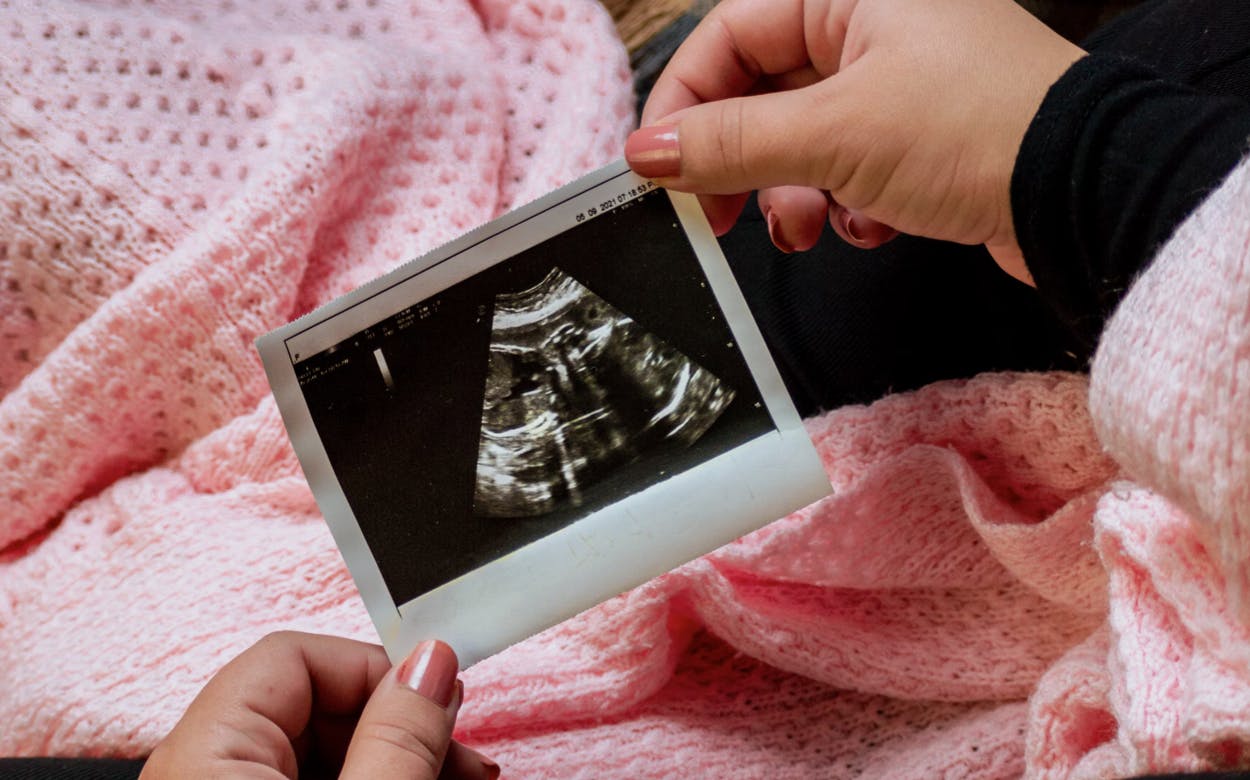The rise of FertilityTech

The news
Last week, the London-based startup Gaia announced a remarkable $20 million Series A funding round led by Atomico. The company uses predictive technology to offer the world’s first-ever insurance product for in vitro fertilization (IVF).
The company calculates the personalized chances of success across six rounds of IVF and provides couples a financial plan covering the optimal number.
The FertilityTech space
Gaia is not the first startup to help couples on their route to pregnancy and birth. In fact, over the last 24 months, fertility tech startups raised more than $300 million in venture capital, according to Crunchbase.
Some of the most promising and fastest-growing companies in this space include:
- Kindbody, which builds tech-enabled clinics where the startup offers IVF and egg freezing.
- Carrot Fertility, which lets employers offer fertility benefits for their employees.
- The Berlin-based startup Clue, which received FDA clearance for their digital birth control in March 2021.
- Legacy, a digital fertility clinic for men, which is backed by prominent investors such as Y Combinator, FirstMark Capital, Bain Capital, and others.
- Ava, which is building a bracelet that allows women to precisely and conveniently predict their fertile days.
The bigger picture
According to various studies, 48.5 billion couples (around one in seven couples) are affected by infertility. Women choosing to have children at a later age is a major driver for the growth, as more people will require fertility services.
The global fertility services market was valued at $27 billion in 2021 and is expected to reach $41 billion by 2026. The IVF devices and consumables market alone was worth $2.58 billion in 2019, and it is expected to grow to more than $10 billion by 2030.